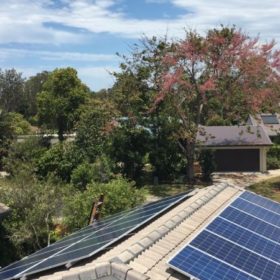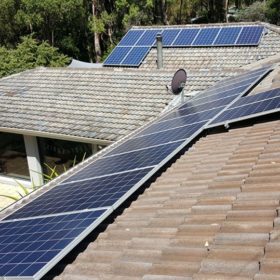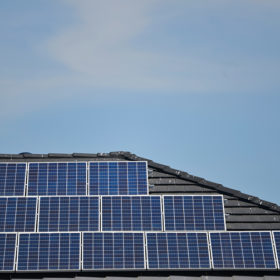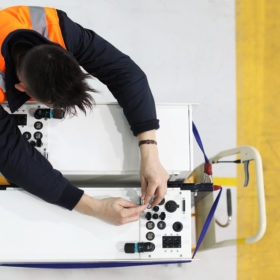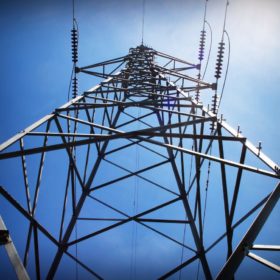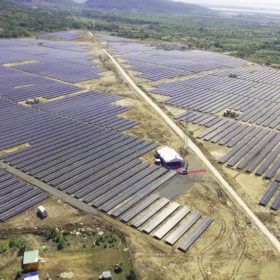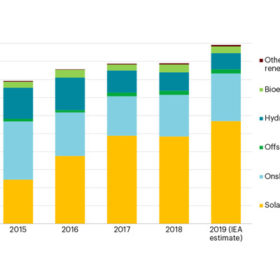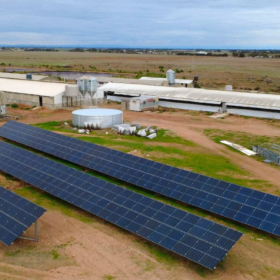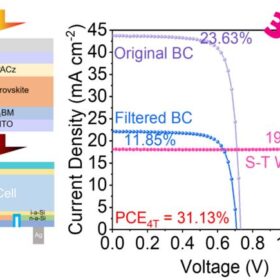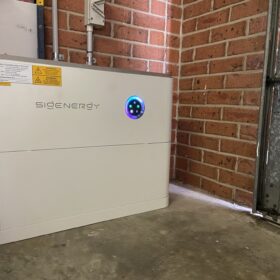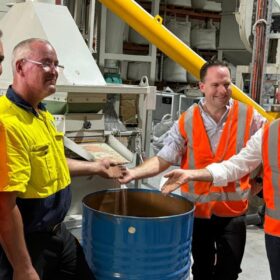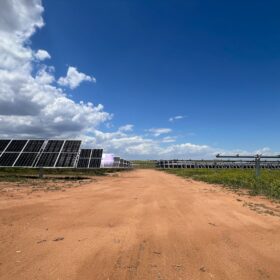Danish researchers bring some color to rooftop PV
Scientists led by the Technical University of Denmark have begun a project to design solar cells that can be produced in different colors with minimal effect on performance, making them suitable for building-integrated and other applications with aesthetic considerations.
Program announced: All Energy 2019 Quality Roundtable
The full program has been announced for the Quality Roundtable event to be held at All Energy Australia later this month in Melbourne. Real world case studies involving PID, hotspots, and backsheet failures will be discussed, as with processes for warranty claims when inverters, modules or other solar components fail.
Queensland’s Solar for Rentals scheme off to a slow start
The lights are on for Queensland’s Solar for Renters program, but nobody’s home. In a state where solar should be selling faster than hotcakes, landlords and tenants are slow to take up the government’s solar rebate.
New partnership to fend off cyber attacks on rooftop solar in South Australia
U.S. research corporation MITRE and the new Australian Cyber Collaboration Centre will partner to take on cybersecurity threats, with an initial focus on protecting South Australia’s smart grid.
Synergy posts huge loss from rooftop solar uptake
Western Australia’s biggest generator and retailer Synergy has blamed rooftop solar for bleeding red ink in the past financial year.
NSW proposes changes to make it easier to install solar and batteries
The New South Wales is looking to update its environmental planning policy to respond to energy technology change, removing thresholds and limits for rooftop PV and introducing clear approval pathways for battery storage installations.
Sonnen: NSW government is constantly pulsing the market
Despite a lack of initiative for the residential battery uptake on the federal level, action on the state and territorial level has been vigorous. In the run-up to the launch of the NSW subsidy scheme, sonnen CEO of APAC Nathan Dunn is talking about the manufacturer’s experience with other subsidy schemes in Australia and what it takes for a successful program.
Rooftop solar penetration reaches tipping point as grid undergoes major transformation
Rooftop solar penetration has reached the point where a choice needs to be made between distribution networks spending billions on new substations, poles and wires to cope – or start delivering the grid of the future so consumers are not landed with unnecessary costs, says the Australian Energy Market Commission.
Vietnam may cut FITs for large scale solar 20%
The tariff for rooftop PV will be maintained at $0.0935/kWh but payments for ground-mounted and floating solar could be cut to $0.0709/kWh and $0.0769, respectively. The previous FIT scheme, according to government figures, has driven the deployment of around 5 GW of solar generation capacity.
International Energy Agency forecasts 115 GW of new solar this year
The global expansion of PV, wind power and other clean energies will see double-digit growth this year as solar continues to lead the pack.


